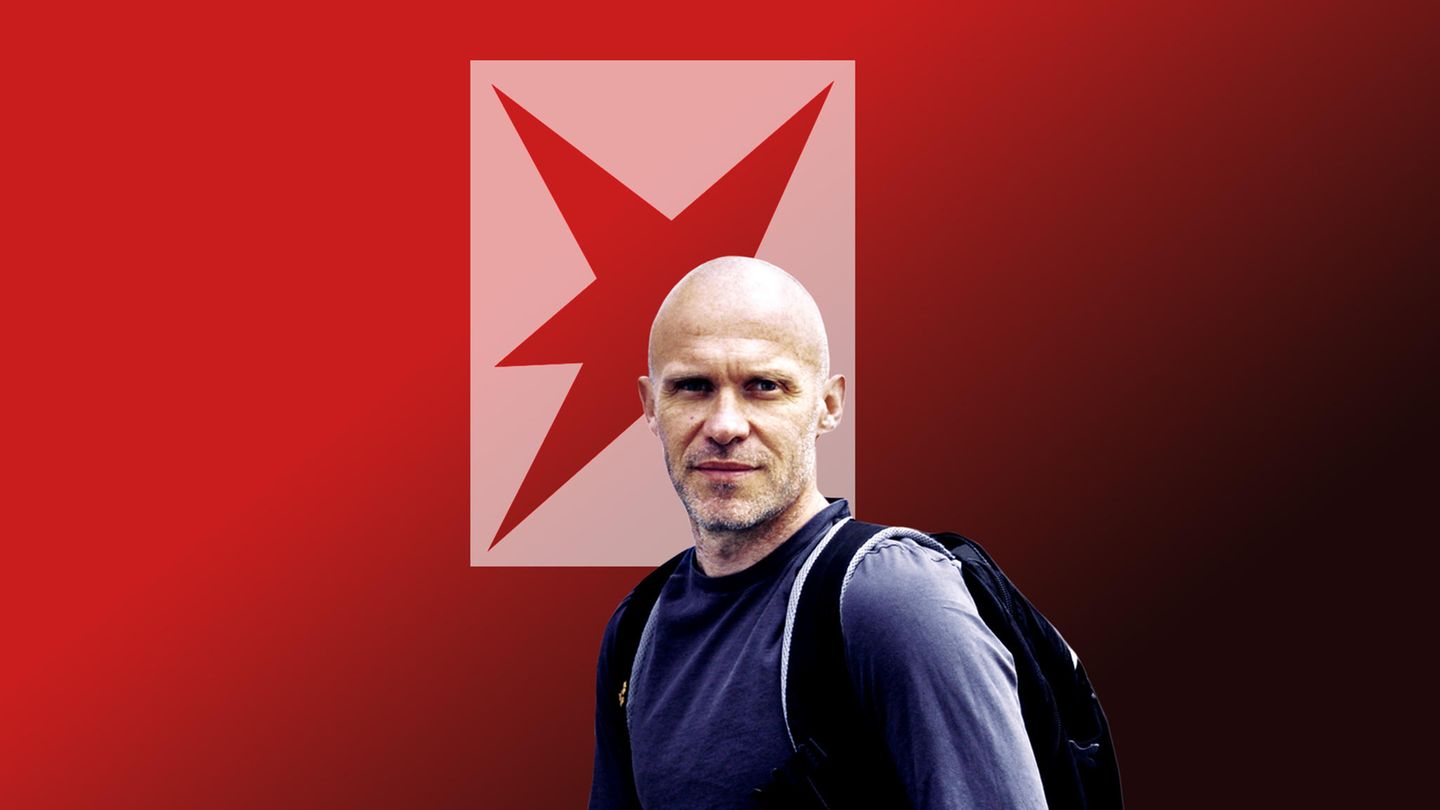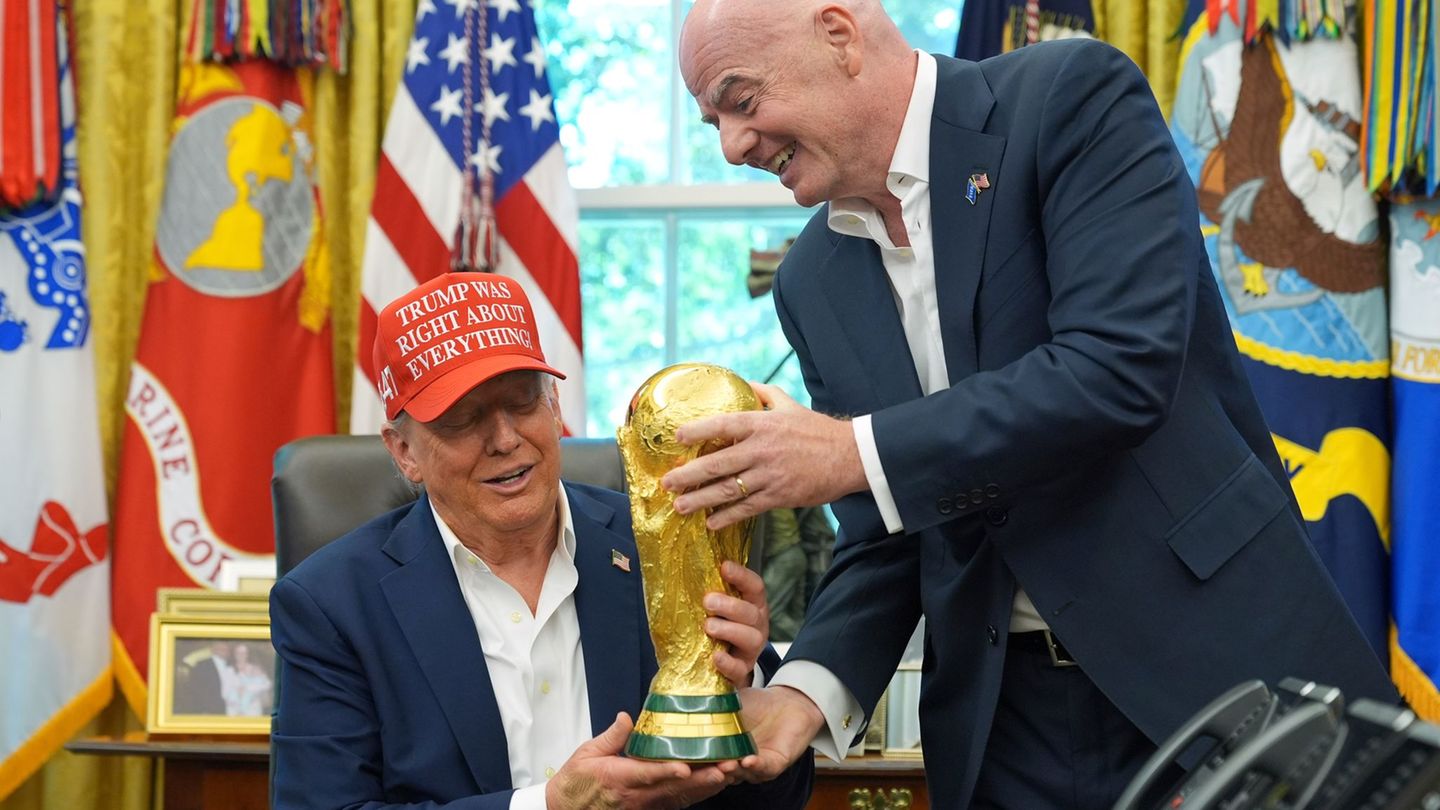I accompanied Edgar Tumiña for a report on war and peace in Colombia. An fearless fighter for peace who has now become a victim of violence.
There are not many people who will remember a reporter over the years. Too much from use to use, from research to research, from interview to interview.
It was different with Edgar Tumiña, differently than with Barack Obama. “Tumi”, as he was called, spoke gently, barely audible, but the sentences were always well thought out, often wise. “We cannot solve the endless war with more and more weapons.” “You also have to be able to forgive your worst enemy.” “I am ready to include my brother’s murderer to our community.”
These were some of his beliefs.
Murdered with nine shots
Tumi was the protagonist in one of my reports on war and peace in Colombia. The photographer Jonas Wresch and I accompanied him for years in his tireless attempt to bring true peace to his region in southern Colombia, after 52 years of war.
© Jonas Wresch
How do you get war out of people? Can you answer 52 years of civil war with mercy and forgive? How does permanent peace succeed in everyday life?
These were some of his questions, also relevant for other conflicts in the world.
Edgar Tumiña was murdered last month at the age of 48. A death command stretched it down at 8:48 p.m. from a motorcycle with nine shots. It was like execution.
Tumi was the leader of NASA, an indigenous people in the Cauca Valley. He lived in an area that has always been difficult to fight like no other in Colombia. First between the state and the Guerilla Farc, then between the state and drug gangs, finally between various drug cartels.
He went into the battles without any weapon
Above all, Tumi was the leader of a remarkable Pacifist movement, the Guardia Indígena, which included a large part of his people. The members went to a war zone for hundreds and without weapons and arrested the fighters because of their numerical superiority. Then they tried to integrate the perpetrators back into their community in a long, tedious process. “No one is lost to evil forever,” was another important sentence by Edgar Tumiña, a kind of leitmotif.
He lost his own brother in the war. Manuel Tumiña was shot by Guerilleros of Farc in 2014, and Tumi himself integrated his brother’s murderers into the community of his place Toribío, including the local commander of Farc Carlos Yatacué.
The threats of murder increased
In recent years, Tumi has often received death threats, especially from the Frente Dagoberto Ramos, a split off the Farc. For a long time, the group was no longer about political goals, but only about market shares in the drug business. Tumi and his indigenous vigilante were a huge thorn in the side.
Tumi has never bowed to the murderers’ threats over the years. He did not dissolve his vigilante, the missions did not return, the opponents of peace did not stop. He was always the first on site, only equipped with radio, shotproof vest and the wooden stick decorated with colorful ribbons, called “Chonta”, which shows him as the leader of the indigenous people.
The news of the death of this great peace activist will not make it in any newspaper or a TV station. Too much happens in the world, too much dominates Trump and Musk the headlines so that there would be something left for the rest of the world, whether it is the Sudan, Colombia or Haiti.
Not even in Colombia itself made the news into the main news. The murders of human rights activists are too numerous, too violent the arguments between the guerrillas, the government and the various crime cartels to be space for individual fates.
There is still no peace in Colombia to this day
The end of peace between the state of Colombia and Farc eight years ago was worth a few reports to the world for several weeks, President Juan Manuel Santos even received the Nobel Peace Prize. But nothing has remained of peace, in practice it was never even achieved. A main obstacle is the huge drug demand from the United States and the influence of the Mexican mafia to South America.
I remember Edgar Tumiña as a loving father of four children, as quiet heroes, as there are only a few, as someone who actually deserves the Nobel Peace Prize – like some activists in the back of the world who are not looking for the spotlight, but a better world. A sentence from him is remembered that no musk and no Trump would ever bring over my lips: “The real peace also hugges your enemy.”
Jan Christoph Wiechmann and photographer Jonas Wresch want to help the family to cover the funeral costs – Here you can support the two.
Source: Stern
I have been working in the news industry for over 6 years, first as a reporter and now as an editor. I have covered politics extensively, and my work has appeared in major newspapers and online news outlets around the world. In addition to my writing, I also contribute regularly to 24 Hours World.




